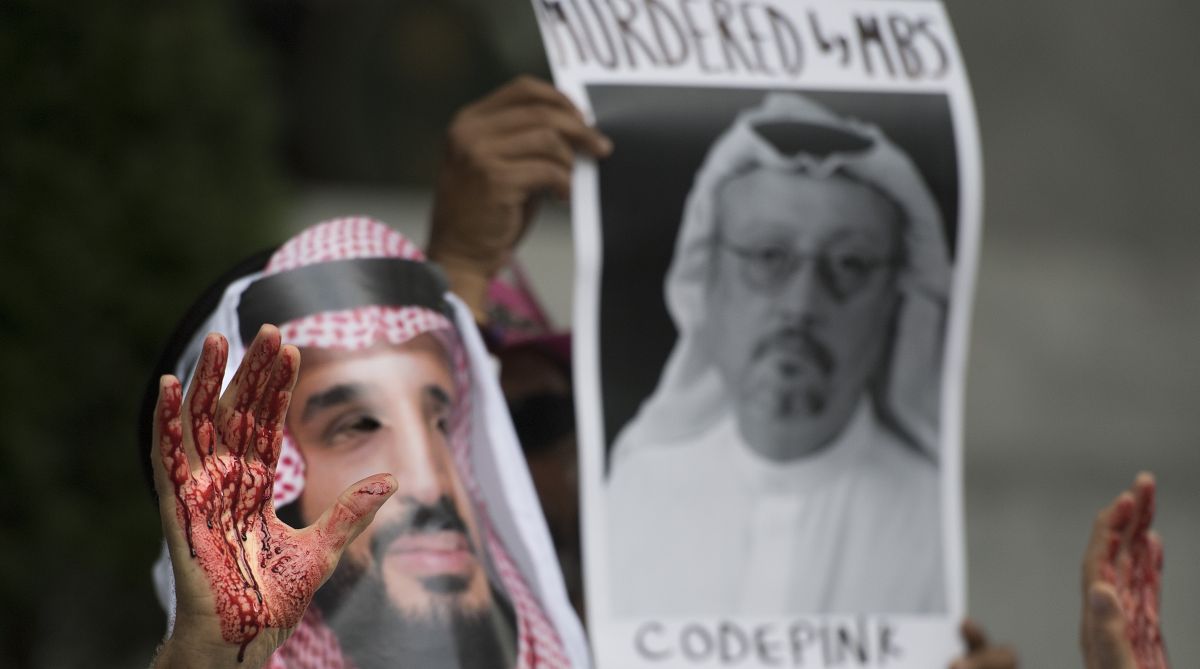International pressure has been ratcheted up on Saudi Arabia, now effectively helmed by the purportedly liberal Crown Prince Mohammed bin Salman, over the fate of the journalist, Jamal Khashoggi. The Turkish government claims to have audio and video evidence that Khashoggi was killed and dismembered in the Saudi consulate in Istanbul. He is reported to have disappeared after entering the dipomatic complex and the mystery has deepened with reports that he has been killed. The response on either side of the Atlantic has been as swift as it has been immediate.
A bipartisan group of Senators have shrilled for sanctions against the desert kingdom with Donald Trump iterating the very obvious ~ “We can’t let this happen.” Suitably blunt was the British foreign secretary, Jeremy Hunt’s warning that “friendships depend on shared values.” The mystery cannot but impinge on the standing of the Crown Prince, the de facto 33-yearold leader. It is pretty obvious that he is yet to address the country’s appalling human rights record.
Advertisement
On the contrary, arms sales, domestic security concerns and the belief that the kingdom is a force for stability in the region have been accorded uppermost priority. The fate that has befallen Khashoggi is quite the worst violation of human rights, and in the case of a journalist, the right to inform. The Crown Prince’s grand economic promises and social reforms, such as allowing women to drive, have won him praise internationally. But in parallel to the liberal winds wafting across the desert sands, there has been a severe crackdown on dissent. Saudi power is now more concentrated and brutal and arguably more confident in the context of President Trump’s overtures.
There has been no dramatic change in the fundamental contours of governance. According to US intelligence, the Crown Prince had ordered an operation to lure Khashoggi back to Saudi Arabia and detain him. If the journalist was indeed killed, it is a gross escalation of Saudi repression. Khashoggi, a widely respected figure, lived in Washington and wrote for The Washington Post while he was in Turkey.
The killing is the culmination of a series of reckless moves by the Crown Prince. As defence minister he spearheaded the charge into the disastrous war in Yemen. He masterminded a blockade that failed to bring Qatar to its knees; has ordered the detention of hundreds of powerful businessmen, including royals, in an “anti-corruption campaign”; overseen the Lebanese prime minister Saad Hariri’s extraordinary resignation on a visit to Riyadh; locked up female activists who campaigned for the right to drive even as it was granted; and overreacted absurdly when Canada dared to criticise those detentions.
All the while, he has been emboldened by the muted international reaction. The voice of the West now resonates over the killing of Khashoggi and the outlook of the economic conference, “Davos in the Desert” is direly uncertain. This time, the aberration has not been tacitly condoned by the White House.











